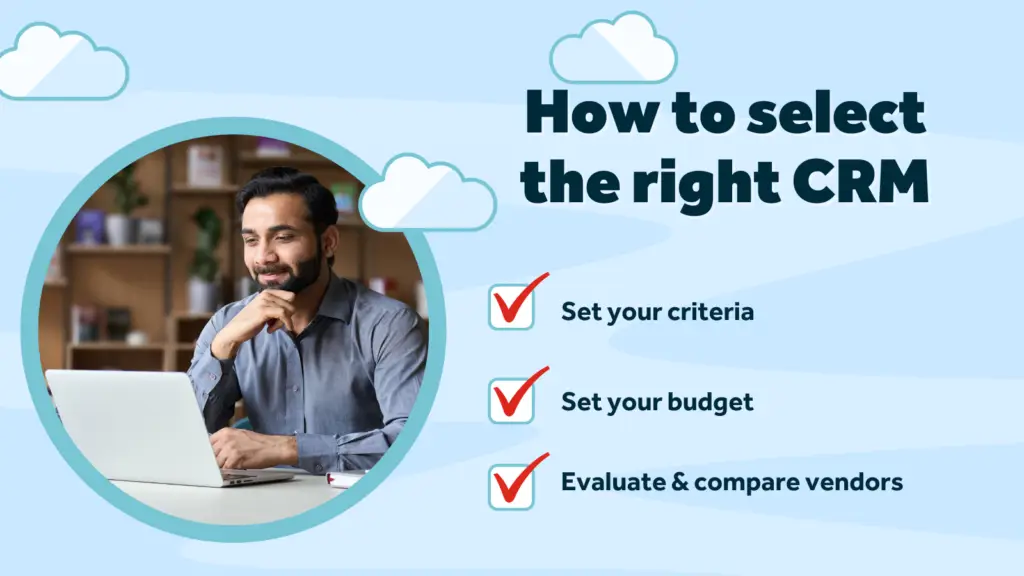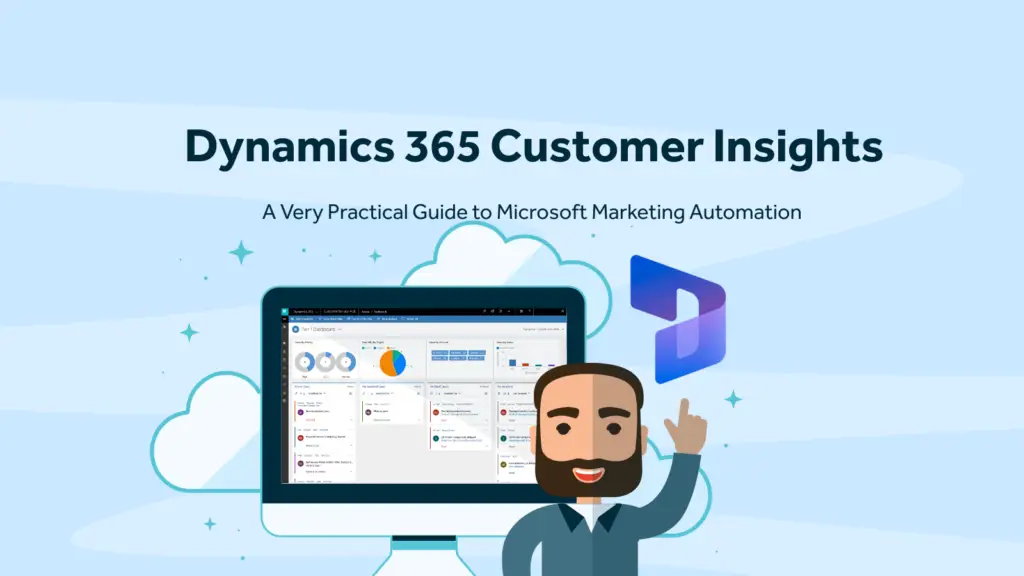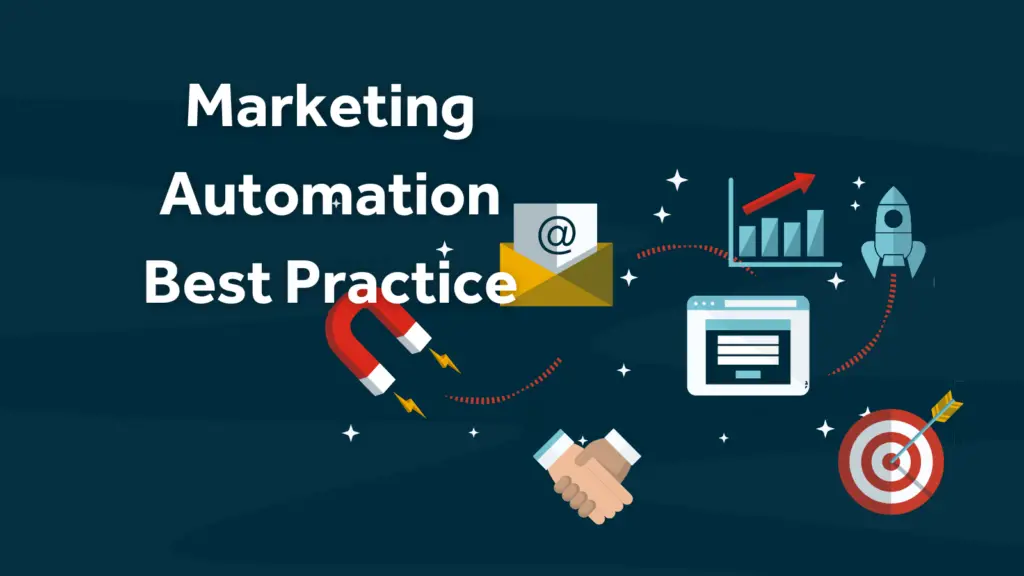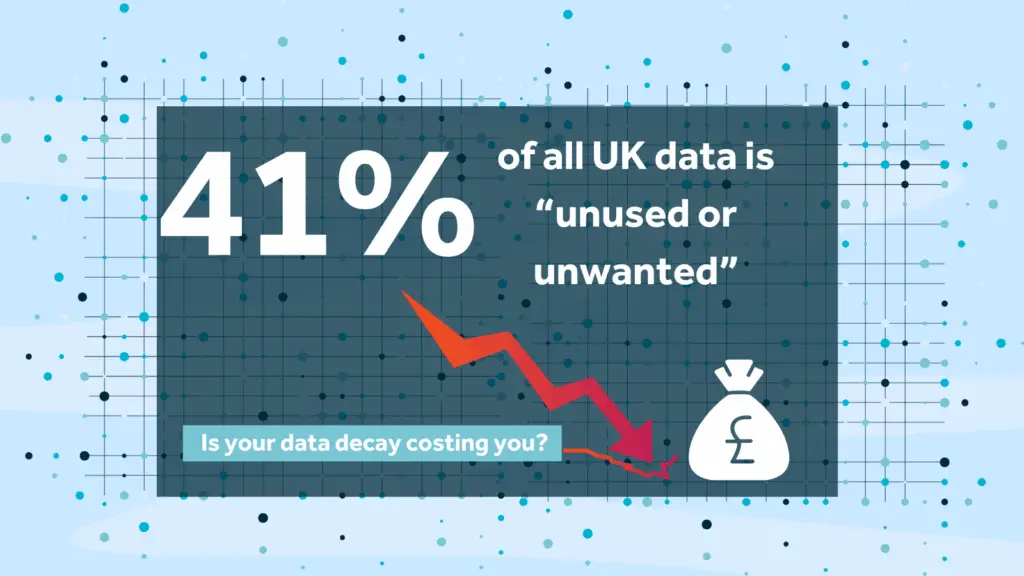How to transform your business or charity with the perfect fit CRM
Selecting a new CRM is the beginning of a transformative journey for your business or charity. Get it right, and you’ll see those sales KPIs head on an upward trajectory. Get it wrong, and you’ll wish you spent longer researching your options.
The plethora of choices might seem overwhelming, but by adopting a systematic approach to selecting the CRM vendor, you will choose a supplier that best aligns with your unique organisational needs.
Why it’s vital to select the right CRM platform
A CRM system is not just an investment; it’s the cornerstone of your business’s future. The key is not to rush into a decision based on others’ recommendations. Your business is unique, including your lead generation efforts, sales pipeline, sales growth, and sales management strategies, and so should the CRM system you choose. So, please please please, we implore you to really take note of what we’re about to say. What works for one organisation may not work for another. Every organisation, regardless of sector, is unique.
The fact a platform may have been perfect for an associate’s business, does not mean that it will fulfil the needs of your business. Making the wrong choice is a costly mistakes, but with careful consideration, you can select a solution that grows with your business. Here’s how to do that…
How to select the right CRM
The first place to start in selecting the right CRM is defining your platform requirements and understanding precisely how it is to be used to ensure that your choice is perfectly tailored to your organisation’s needs. We’ve included a handy CRM Platform Evaluation Scorecard within the guide, which you can leverage as a practical comparison tool once you’ve narrowed down your options.
How to define Your CRM Requirements
- State your business goals – Begin by mapping out your business objectives. Are you aiming to increase sales growth, optimise your lead generation and sales enablement efforts, enhance customer experience, or streamline your operations? Your CRM should be a tool that directly contributes to these goals. For instance, if customer experience is a priority, look for a CRM with strong customer service features, like interactive dashboards and real-time feedback capabilities.
- Set your budget – Your budget should reflect not just the purchase price but also the long-term cost of owning the CRM. This includes maintenance, upgrades, and training. Remember, a cheaper solution might cost more in the long term if it lacks essential features or scalability, unlike the bespoke variety like Microsoft Power Apps, built on the Power Platform, which lets you add only the features you need now but can also adapt to your sales growth requirements.
- Evaluate your current processes – Assess your current sales and marketing processes. What is working? What isn’t? How could you be more efficient? A CRM should enhance your strengths and address your weaknesses. For example, if your sales team struggles with lead tracking along with other lead generation tasks, prioritise a CRM with advanced lead management features.
- Consider user experience – Who will be using the CRM? Their experience matters. A CRM with a steep learning curve might hamper adoption, no matter how feature-rich it is. Look for a simple sales CRM with intuitive interfaces and customisable dashboards that cater to different user roles.
Understanding Your CRM Usage
- Analyse team involvement – Get input from those who will use the CRM daily. Sales representatives, customer service agents, and marketing teams can provide insights into what features they need to be more effective. Ask them about their pain points; you can guarantee they won’t hold back.
- Integration needs – Integration reduces data silos and enhances collaboration across departments. So consider the other tools and systems your business uses and select a CRM that seamlessly integrates with these to provide a unified view of customer interactions. Power Apps CRMs come with a sizeable number of data connectors that simplify and automate data management and unification tasks.
- Scalability and flexibility – As your business grows and changes, so will your CRM needs. Your new platform has to be scalable and able to adapt to changing business environments. This might mean opting for a CRM that offers modular features or one that supports custom development.
- Data analysis and reporting – Your CRM should offer robust analytics and reporting tools in today’s data-driven world. By robust, we mean reporting features that will help you track customer interactions, sales trends, and marketing campaign effectiveness, providing actionable insights for business strategies.
- Consider future-proofing – Look beyond your current needs. What features might you need in one, three, or five years? Choosing a CRM with advanced capabilities, like AI-driven analytics or automation, might be more cost-effective in the long run.
Comparing CRM Platforms
Once you have a clear wishlist and basic requirements, narrow down your potential CRM software platforms to a manageable number. Use tools like our CRM Platform Evaluation Scorecard, to weigh options against each other objectively. Remember, demos, trials, and client testimonials are also invaluable in this process.
Engaging a CRM Partner
Comparing between an off-the-shelf solution and a custom-built system can be challenging. So whilst desktop research and watching demos are recommended, also engage with CRM partners and share your project brief with them. Look for partners who are technically skilled and possess excellent communication and engagement skills. The right partner can significantly influence the success of your CRM implementation.
Takeaway
Selecting the right CRM is a crucial decision for your business. It involves understanding your unique requirements and budget considerations and evaluating potential vendors thoughtfully. Remember, the right CRM platform is more than just software; it’s a partnership that supports your business’s growth journey. So, while it takes time to gather your research and evaluate your options, Don’t skip this step, don’t rush through it, and don’t go for the first option because the package looks straightforward, is low-cost, and easy to use.
Ready to embark on this transformative journey?
If you need further advice on how to select the right CRM for your organisation, you can always contact us. No hard sell, just sound advice from a team of CRM specialists. We are big fans of Microsoft Dynamics 365, but we never sell a solution to a business if it isn’t the right product for them. As a rapidly growing Microsoft Dynamics 365 Partner, we’re trusted and famed for ‘Going the extra mile’ by countless clients.
About Rocket CRM
Rocket CRM is a Microsoft Dynamics 365, and a platinum Click accredited partner, helping small to medium-sized businesses and charities harness the power of scalable CRM technology. Our mission is to make powerful CRM software simple with custom-built, user-focused solutions.
Website: rocketcrm.co.uk
Podcast: RocketPod
Twitter: LinkedIn




